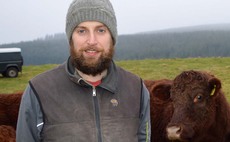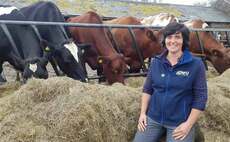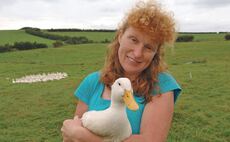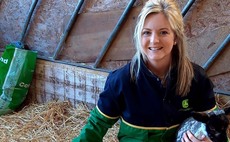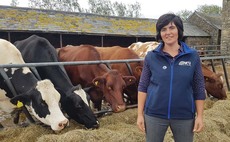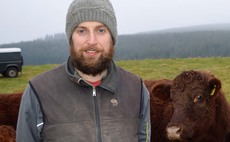My farming week
Farm Life
As a farmer who took part in the UK Government’s genetically modified (GM) crop farm-scale evaluation trials 20 years ago, and as a passionate advocate of the importance of genetic innovation to healthier and more sustainable food production, I read your article ‘The term ‘gene editing’ is confusing consumers’ (FG, July 26) with an uneasy sense of deja vu and a concern that we must learn from past mistakes.
Farm Life
This week marks 91 years since the last full time inhabitants on the islands of St Kilda were evacuated.
Livestock
Is there a case for private bTB testing in cattle in GB? The answer isn’t straightforward.
Farm Life
Put in layman’s terms, an agricultural common is an area of land which has an owner, usually described as The Lord of the Manor, who doesn’t farm it but allows another farmer to graze it if they have either bought the right to graze it when they bought his/her farm, or else pays for the right via the tenancy of the farm he/she farms.
Farm Life
This year is a big one in the Amiss household, with one graduation, one first-year exam results, one A-levels and two GCSE results.
Farm Life
The Red Tractor farm assurance scheme is something which often crops up in conversation in my day-to-day work, in much the same way the Rural Payments Agency does; usually in a way where the farmer vents to me about the organisation and its staff.
Farm Life
’A wet and windy April and May fills the barns with corn and hay’, is one we’ve all heard. And one we hope is true.
Farm Life
Some of you may know I chair Cattle Health Certification Standards (CHECS), which has set standards for cattle disease control in the UK and Ireland for more than 20 years.
Farm Life
It is easy to farm when your plough is a smartphone, and you live a thousand miles from the cornfield.
Arable
The Government was right to make provision for a temporary and limited derogation for the use of the neonicotinoid seed treatment Cruiser SB on sugar beet for the 2021 season, although the colder conditions of recent months mean it will not be required this year.

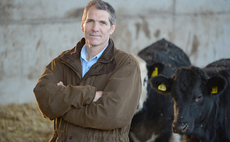
 15 September 2021
•
3 min read
15 September 2021
•
3 min read
